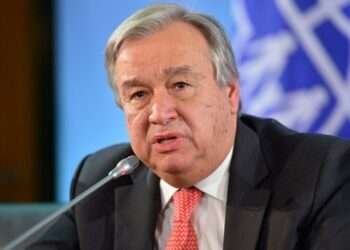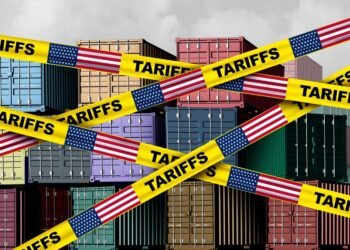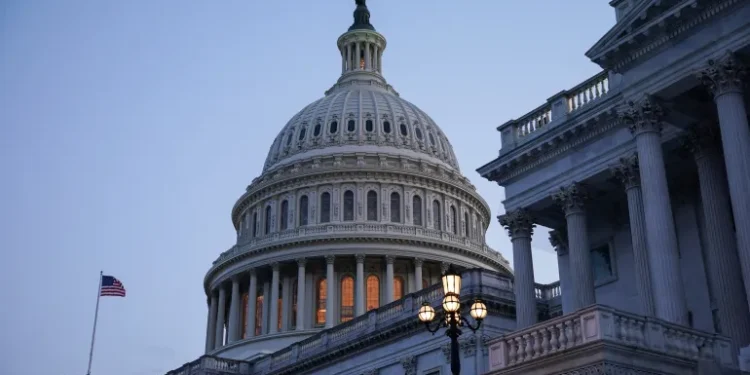The Food and Agriculture Organization has pleaded with rich countries to support developing countries with a pool of funds to mitigate the increasing surge in food prices.
“The world should create a fund of up to $25 billion to help poor nations deal with the surge in food prices caused by Russia’s invasion of Ukraine,” says the FAO Secretary-General, Qu Dongyu.
According to FAO, an additional 13 million people in developing countries will face hunger in the near term because of the conflict in the Black Sea region.
In a video message to G20 Finance Ministers and Central Bank Governors, FAO Director-General Qu Dongyu called for creating a Food Import Financing Facility to bolster food security. It would ease the immediate costs of financing food imports for low- and middle-income countries that are net importers of food, Qu Dongyu stated.
Almost 50 countries rely on Ukraine and Russia for 30% or more of their wheat imports. Global wheat supplies are tight, and the war has created doubts that there will be enough grain to go around. Earlier this month, the FAO said its index of food commodity prices skyrocketed by 12.5% in March to its higher level ever. Wheat and corn prices increased by nearly 20%.
“The war can have multiple implications for global markets and food security,” said Qu. The FAO did not suggest who would supply the funds for the financing facility but called on all rich countries to support the fight against food shortages in developing countries.
The Republic of Korea and other developed countries have started supporting vulnerable countries to mitigate food insecurity.

Food and political stability is a necessity
The financing effort could be set up in various ways and start work with an initial $6.3 billion, said the FAO in a background paper. That would be enough to offer financing for 25% of current import costs. Alternately, the facility could base its assistance on additional purchasing costs that exceed $50 or $100 per person, costing $9.1 billion or $15.9 billion, said the background paper.
The background paper noted that nations could be required to invest in sustainable agricultural productivity growth to access the financing of food imports. Productivity investments would reduce the need for aid in the future.
Petroleum prices have burgeoned with food prices, with ripple effects on fertilizer prices. Russia is a top exporter of fertilizers. Some forecasts say the war will reduce economic growth worldwide.
“There are clear parallels with the conditions that led to the Arab Spring protests in 2010–2012 when rising living costs aggravated discontent and catalyzed widespread civil unrest,” wrote David McNair, Executive Director of ONE, a global campaign against poverty and disease. Without swift action by the International Monetary Fund (IMF) and World Bank to strengthen African economies, he said, food and political stability would be jeopardized.
The World Food Programme said that up to 811 million people, equal to 10% of the world population, are already hungry.
READ ALSO: From Traditional Practice to Top Climate Solutions, Agroecology Gets Growing Attention in Ghana























